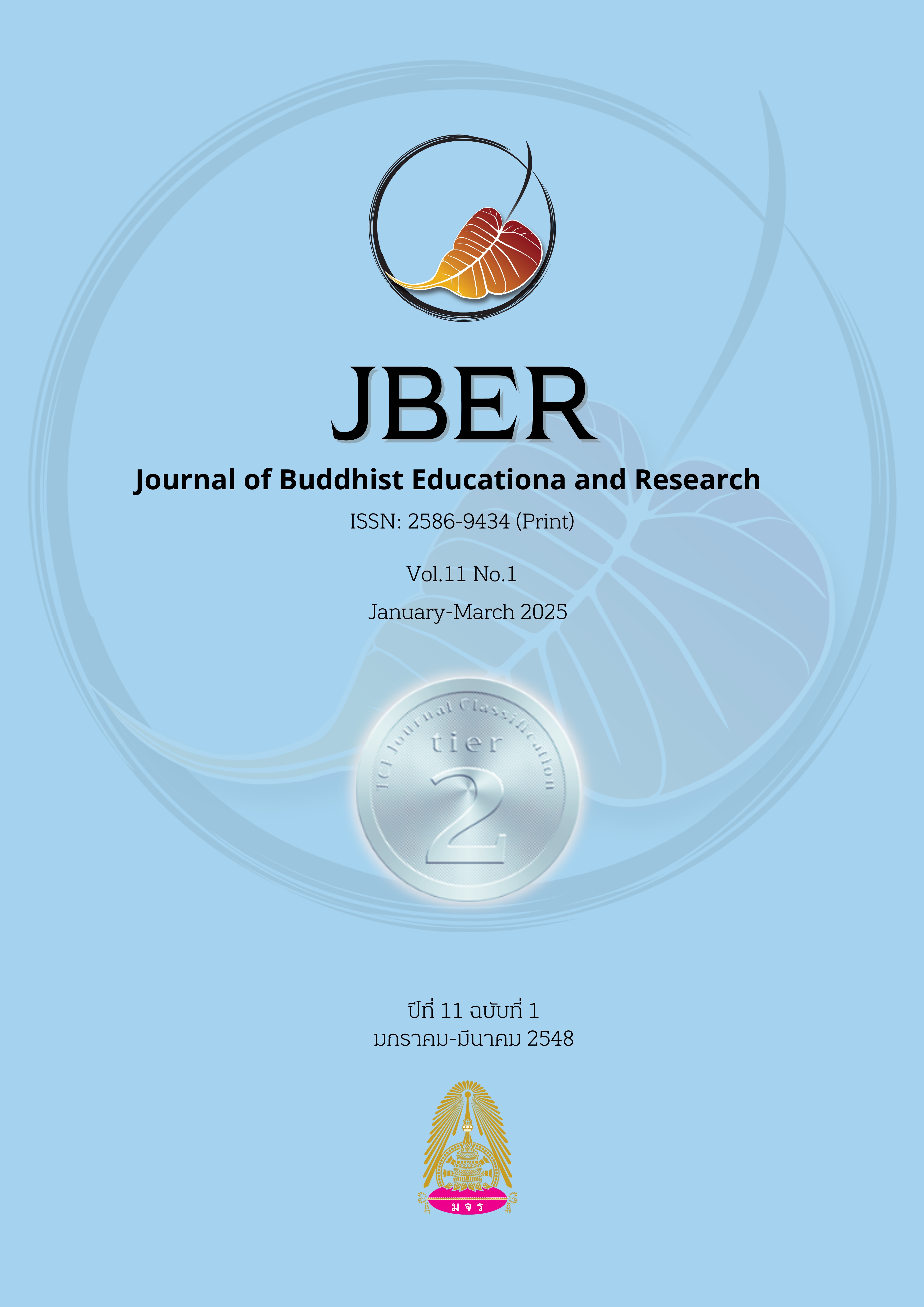The Video Practice on Bilibili of the Chinese Vocal Song Wo Zhu Chang Jiang Tou
Keywords:
The Video Practice, Bilibili, Chinese Vocal Song, Wo Zhu Chang Jiang TouAbstract
This study explores the role of Bilibili, a popular Chinese video-sharing platform, in the practice and dissemination of the traditional vocal song Wo Zhu Chang Jiang Tou. The research examines how video-based learning resources—such as performance demonstrations, instructional content, and lyrical interpretations—enhance students' vocal techniques and emotional engagement. The findings highlight Bilibili’s effectiveness as an educational tool that bridges traditional and digital music learning methodologies. The research analyzes various video resources available on Bilibili, including performance demonstrations, instructional content, and lyrical interpretations, to understand their impact on students’ vocal techniques and emotional engagement with the piece. The article provides practical recommendations illustrating how Bilibili functions as an essential educational tool, facilitating a comprehensive learning experience that bridges traditional and contemporary practices in vocal music education. Through its multifaceted approach, the platform empowers a new generation of musicians to connect deeply with the cultural heritage embodied in "Wo Zhu Chang Jiang Tou."
References
Chen, A. (2021). Musical characteristics and singing analysis of the art song "Wo Zhu Chang Jiang Tou." Art Appreciation, 2021(06), 67-69.
Gao, G. (2020). Exploring the ecological community of "Generation Z" subcultures under the bullet screen communication mechanism: A case study of Bilibili. Media Forum, 2020(02), 134-136
Shangguan, M. (2020). Analysis of singing techniques and characteristics of "Wo Zhu Chang Jiang Tou." International Public Relations, 2020(08), 269-270.
Tan, M. (2020). Comparative analysis of two versions of the song "Wo Zhu Chang Jiang Tou." Art Appreciation, 2020(02), 8-19.
Wang, H. (2021). Research on the interaction mechanism of bullet-screen communities: A case study of the bullet-screen video platform Bilibili. Audiovisual, 2021(07), 153-154
Wang, L. (2021). Analysis of singing techniques in the song "Wo Zhu Chang Jiang Tou." Journal of Pu'er College, 2021(06), 87-89.
Wang, S. (2015). Research on the construction of internet subculture on the bullet screen website Bilibili. Southeast Communication, 2015(11), 110-112
Xin, Y., & Peng, X. (2021). Creative analysis of the art song "Wo Zhu Chang Jiang Tou." Contemporary Music, 2021(10), 122-124.
Xu, L. (2020). Comparative analysis of two singing versions of "Wo Zhu Chang Jiang Tou." Art Appreciation, 2020(03), 8-9.
Yang, Q. (2023). The timeless classic of music—"Wo Zhu Chang Jiang Tou." Yellow River Voice, 2023(10), 32-35.
Yu, S., & Liu, X. (2022). A study of content and audience interaction patterns on bullet-screen video platforms: Taking the bullet comments of "The First Time in Life" on Bilibili as an example. Journal of Nanjing Xiaozhuang University, 2022(01), 112-117
Zhang, S., & Qi, R. (2023). Insights into youth ideal and belief education from bullet screens under the interactive ritual chain perspective: Based on the analysis of bullet comments from the documentary "This is China" on Bilibili. Journal of Changzhou Institute of Technology (Social Science Edition), 2023(02), 132-139
Downloads
Published
How to Cite
Issue
Section
Categories
License
Copyright (c) 2025 Journal of Buddhist Education and Research (JBER)

This work is licensed under a Creative Commons Attribution-NonCommercial-NoDerivatives 4.0 International License.





